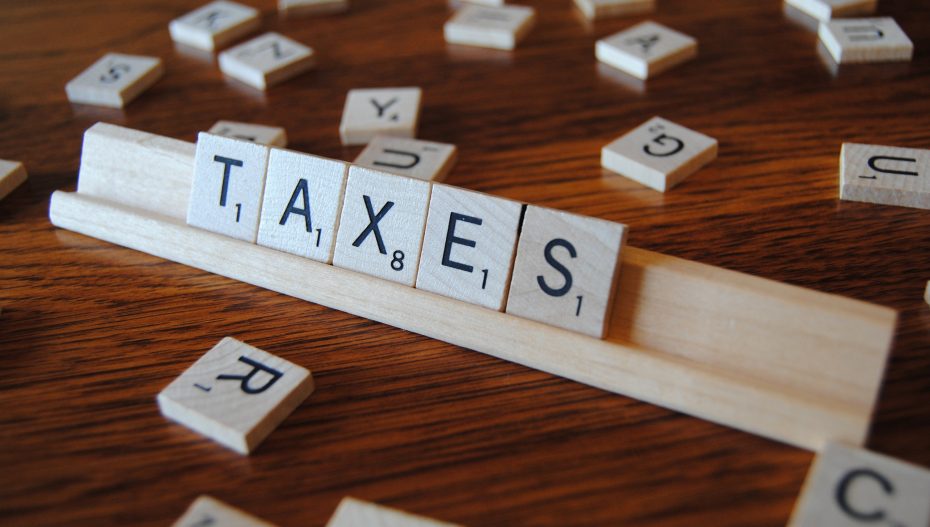New Delhi: Individual tax collections in India have surged by a whopping 76% between 2018-19 and 2022-23.
But, critically, the corporate sector share in that tax collected has inched by only a fraction, just 24.45%.
Personal income tax collection, which includes Securities Transaction Tax, stood at Rs 4,73,179 crore in 2018-19. It increased to Rs 8,33,307 crore in 2022-23, the Indian Express, citing the Central Board of Direct Taxes, reported.
However, corporate tax collection increased to Rs 8,25,834 crore in 2022-23 from Rs 6,63,572 crore in 2018-19.
This calculation (see graph) underlines a reinforcing of the trend noticed about individuals being squeezed even as corporates are given relief.
The figures for the graphic have been taken from the Indian Express report, which references CBDT as the source.
Tax relief given to corporates in 2019 caused the ratio between individual contribution to total tax versus that of corporates to start to get skewed. As in this analysis, this was when the finance minister announced “an unprecedented cut in corporate tax rates from the prevailing basic rate of 30% to 22%.” This was apart from other incentives that were also announced.
Indirect taxation too on the rise
The rise in indirect taxation, one which has been regarded universally as regressive, or hurting the poorer sections disproportionately has also been on the rise. The escalating fuel prices contribute significantly to this growing burden of indirect taxation.
As analysed earlier on NewsClick, the Modi government has raised excise duties on petrol, diesel and cooking gas so much that its revenue from this has skyrocketed “from Rs 99,000 crore in 2014-15 to Rs 3.73 lakh crore in 2020-21 – an increase of nearly 277% in seven years.”
As a result, petrol prices have increased by 79% while diesel prices have jumped up by as much as 101% in the same period.
Cooking gas prices have been rising rapidly and sharply, even as the subsidy was cancelled in 2019. After the most recent hike in December, 2023, Mint reported that a 19 kg LPG cylinder is now priced at Rs 1,796.50 in Delhi, Rs 1,908 in Kolkata, Rs 1,749 in Mumbai and Rs 1,968.50 in Chennai. Previously, the price of the 19 kg LPG cylinder in Delhi was Rs 1,775.50, Rs 1,885.50 in Kolkata, Rs 1,728 in Mumbai and Rs 1,942 in Chennai.
Big defaulter loans written off consistently
Outstanding amount due from wilful defaulters has risen at a pace of over Rs 100 crore daily since March 2019, Business Standard reported on October 27, 2023, meaning the amount due from wilful defaulters has risen by at least Rs 1.2 trillion – or Rs 1.2 lakh crore – since then.
The total amount due rose more than 50% to Rs 3 trillion as of June 2023.
(A wilful defaulter is defined as a borrower who, despite having the ability to do so, does not pay back a loan. It does not refer to small borrowers like a farmer in distress.)
This massive rise of Rs 100 crore a day since March 2019 severely dents the claim by Prime Minister Narendra Modi on July 22, 2023, that the previous UPA government had “destroyed” the banking sector with “scams”, while his dispensation has restored its “good financial health”, as per The Hindu.
Politically, it has hurt the BJP to be termed the suit-boot ki sarkar by the Opposition leader, Rahul Gandhi, as have insinuations of Prime Minister Modi himself being seen as close to Gautam Adani, who has been in the eye of a storm after the Hindenburg Research Report out last year. Financial Times wrote in February last year, “if the allegations are proved to be true, it would be an embarrassment for Prime Minister Narendra Modi, who has longstanding ties to Adani himself, and a significant risk for the state-owned banks and insurers invested in Adani’s companies.
This article was first published on The Wire on January 24, 2024.












